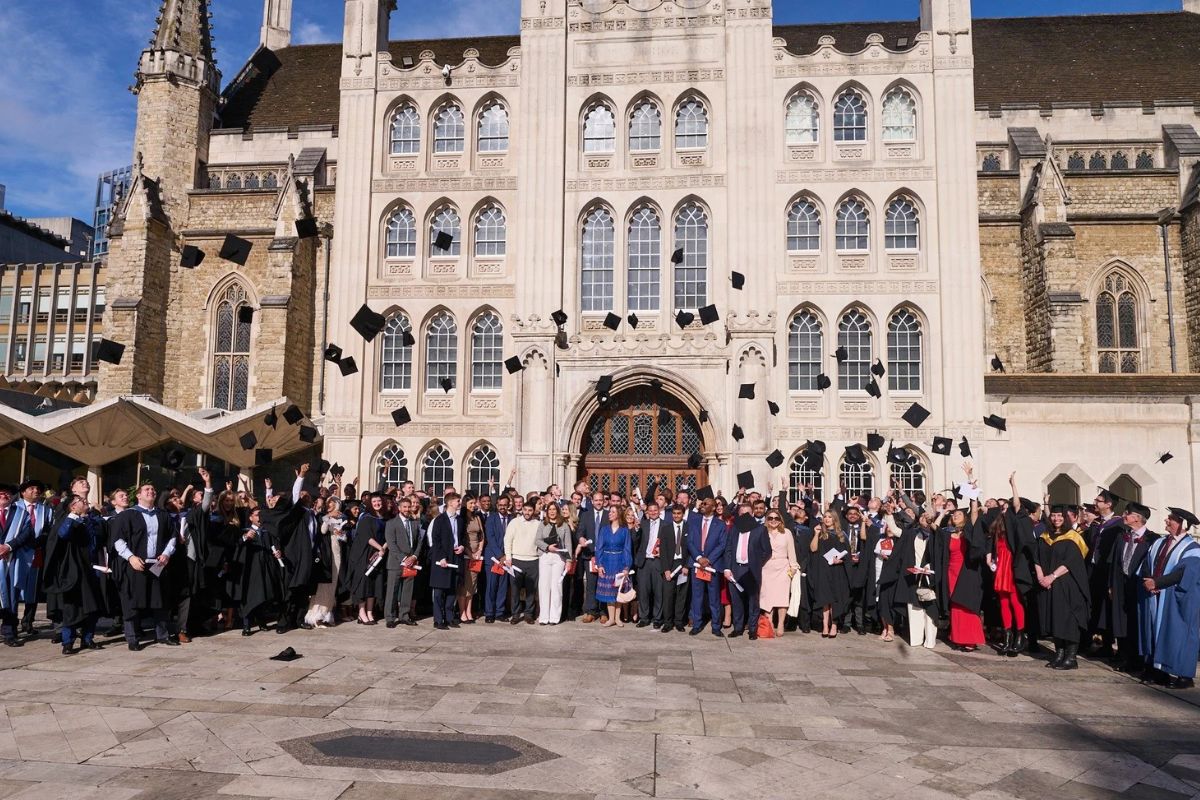“Stop punishing students for using AI” – The university embracing the benefits of AI

With a lot of educational institutions grappling with artificial intelligence (AI) and its impact on students’ academic work, many have announced restrictions on the use of AI and are viewing it as academic misconduct. Arden University is embracing the benefits of AI to support the learning and teaching of students.
Earlier this year, universities were being urged to safeguard against the use of AI to write essays after the emergence of sophisticated chatbots imitating academic work. Arden University argues that instead of punishing students for using such technology in all circumstances or trying to train lecturers to notice the signs of AI-generated content, they should be teaching students how to use it to help enhance their work and processes.
The university is, therefore, exploring how best to integrate AI into learning, teaching and assessment strategies, recognising that a positive pioneering approach to AI is more beneficial to students.
Professor Dilshad Sheikh, Deputy Pro-Vice Chancellor and Dean of the Faculty of Business at Arden University, says:
“If we don’t become receptive to change, we fall behind. Many other universities are focusing on plagiarism and how AI chatbots give students the opportunity to cheat on assignments.
However, the reality is that the technology cannot replicate understanding and application of knowledge in authentic assessments, which is how we design our courses. The truth of the matter is that times are changing, so how and what we teach should change too.”
Arden University prides itself on being agile and providing courses that enable its students to be ‘career ready’; this means the courses it offers have very practical assessments, which help develop the skillsets students will need post-graduation.
“AI will continue to get smarter to make our lives easier”, expands Dilshad. “We are seeing more and more businesses embracing such technology for the betterment of their growth, so why should we punish our students for using the same software being used in the real world?
“By teaching our students to use AI, we are not only showing them the skills they may need in their future job, but we are also making sure they are properly using AI to help, not hinder, their knowledge and education”, says Dilshad.
Dilshad stated that the ChatGPT uproar and AI moral panic begs for an entirely different approach and that educational institutions ought to be asking: If AI can regurgitate information already, should we be asking our students to do the same?
“Teachers were once afraid of letting students use calculators for exams – but they allowed students and workers to solve more complicated questions. The debate behind AI usage is the same – it will allow our students to demonstrate their approach to more complicated and ‘more human’ matters in a world where core soft skills are becoming increasingly prevalent.
“It’s time for universities to stop being so afraid to change and so slow to react. AI is here to stay, so let’s prepare the next generation for it”, concludes Dilshad.











Responses